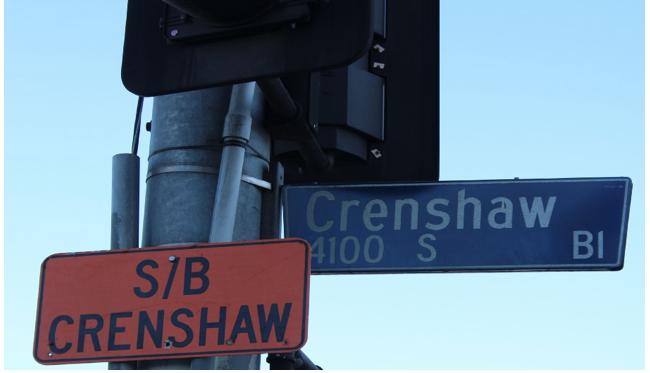Fred Pickel: Consumer Watchdog Goes After DWP Ratepayer Advocate Again … Anyone Know Why?
EASTSIDER-Back in 2015, a nonprofit group from the Republic of Santa Monica called Consumer Watchdog, went after the DWP Ratepayer Advocate, Fred Pickel. Now they’re back, again demanding his termination. The question is, why?



































